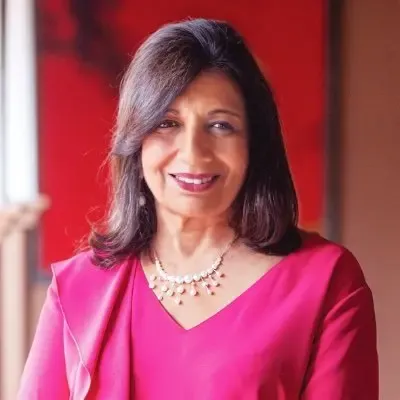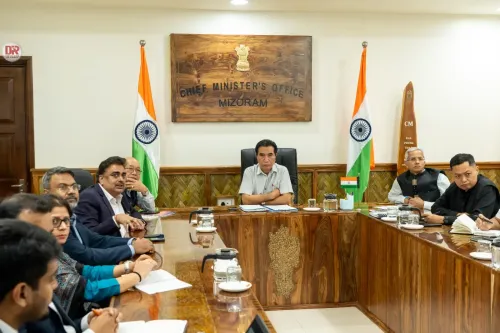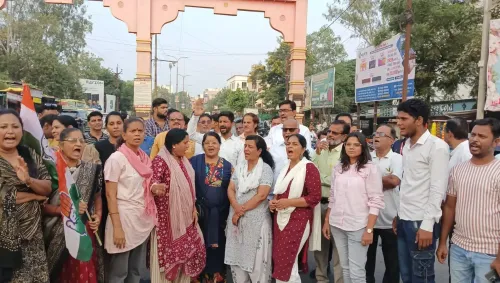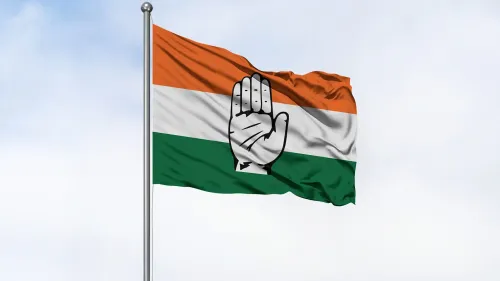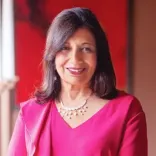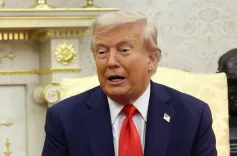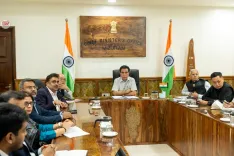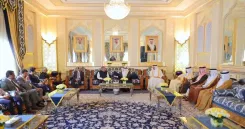How Did Experts React to PM Modi's Message Against Cross-Border Terrorism?
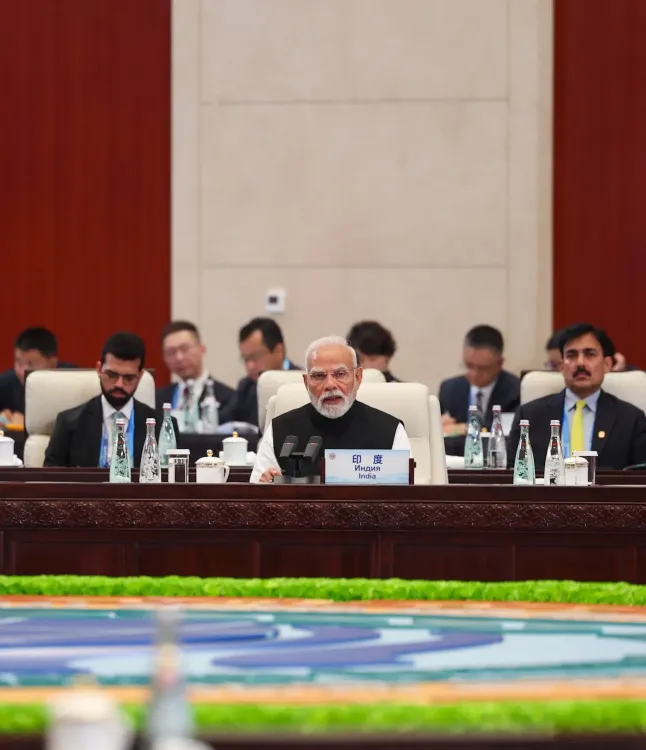
Synopsis
Key Takeaways
- PM Modi's strong condemnation of cross-border terrorism at the SCO summit.
- SCO member states' collective stance against terrorism.
- Need for international cooperation to combat terrorist activities.
- Importance of addressing double standards in global counter-terrorism efforts.
- India's unique role as a large economy and democracy in the SCO.
New Delhi, Sep 1 (NationPress) On Monday, foreign and defense analysts expressed their approval of the Shanghai Cooperation Organisation's (SCO) collective statement condemning the recent terror incident in Pahalgam. They commended Prime Minister Narendra Modi for effectively articulating India's position on cross-border terrorism on an international stage.
The member countries of the SCO vehemently condemned the Pahalgam terror attack that occurred on April 22, stating that those responsible for such violent acts must face justice.
The Tianjin Declaration from the Council of Heads of State included a message affirming, "The Member States strongly condemned the terrorist attack in Pahalgam on April 22, 2025. They expressed their deepest sympathy and condolences to the families of the victims. Furthermore, they asserted that the perpetrators, organizers, and sponsors of these attacks must be held accountable."
This condemnation came after PM Modi urged SCO leaders to take a strong stance against terrorism and collaborate to eradicate this issue.
During his opening remarks at the summit, with Pakistan's Prime Minister Shehbaz Sharif in attendance, PM Modi highlighted the Pahalgam attack and expressed gratitude towards "friends" who support India. He also criticized the hypocrisy of nations that endorse terrorism.
The member states reaffirmed their dedication to fighting terrorism, separatism, and extremism, emphasizing that using these groups for mercenary objectives is unacceptable.
The declaration underscored that all forms of terrorism must be condemned while warning against the application of double standards in the global battle against this menace. It also called for enhanced international cooperation to prevent the cross-border movement of terrorists.
PM Modi's engagement in the SCO Summit coincides with ongoing US tariff increases.
Former diplomat Mahesh Sachdev shared with IANS that PM Modi sent a potent message by referencing the Pahalgam attack, highlighting India's readiness and ability to respond decisively to such challenges.
He further noted that India adds "diversity" to the SCO summit as a "large economy and vibrant democracy", which is "effective, capable, and significant". As the world's largest democracy and most populous nation, India's involvement brings "unique value" to the SCO.
"This marks Prime Minister Narendra Modi's first visit to China in seven years, following the clash with Chinese troops in Galwan. He has also addressed several crucial issues with Xi Jinping. This is a positive development, especially considering the 50 percent tariff imposed on India by Trump," he stated.
Sachdev emphasized that despite external pressures, India has consistently retained a neutral stance in its relations with the United States.
Veteran journalist and West Asia expert Waiel Awwad highlighted the importance of the SCO addressing India's fears regarding cross-border terrorism.
"If the Tianjin summit of the SCO yields any success, it must tackle India's concerns. As a security organization, it is imperative to address issues that affect its member states, and India's apprehensions regarding cross-border terrorism are crucial for any meaningful dialogue, especially on a platform focused on South-South cooperation in counterterrorism efforts," Awwad remarked to IANS.
Defense expert Captain Anil Gaur (Retd) emphasized the significance of PM Modi's statements at the summit, where he urged nations to denounce cross-border terrorism and the double standards of nations that support such actions.
"This summit provided an optimal platform for India and our Prime Minister, with both China and Pakistan in attendance. Numerous resolutions against Pakistan exist within the United Nations; however, China has consistently stalled them. After 6-8 months, they often get dropped… Our Prime Minister made two vital points in front of them: that terrorism in any form is intolerable, and that it poses the greatest threat globally," he told IANS.
PM Modi also engaged with Chinese President Xi Jinping on the sidelines of the summit to discuss border issues and how to enhance bilateral relations.
Reacting to this, former Uttar Pradesh DGP Prakash Singh told IANS, "The discussions between India and China revealed some encouraging aspects, but there are also concerns that need careful scrutiny. Chinese President Xi Jinping spoke about mutual cooperation, trade, and collaboration, which are valid from China's viewpoint."
However, he expressed concern over the "lack of detailed discussion" regarding the India-China border situation.
Foreign affairs expert Professor Brijesh Mishra highlighted the wider geopolitical landscape amid the US tariff hike.
"When BRICS was established, it aimed to create an independent alliance to lessen US dominance and support developing nations. Similarly, the SCO was founded. Since the Modi government took office, efforts have focused on bolstering national capabilities to protect India's interests. Even Donald Trump recognized BRICS as a challenge to the US dollar. In this context, the SCO summit holds significant importance," Mishra stated.
He praised the government's firm position against US tariff threats, adding, "It's commendable that the current administration is not yielding to pressure from any nation."

